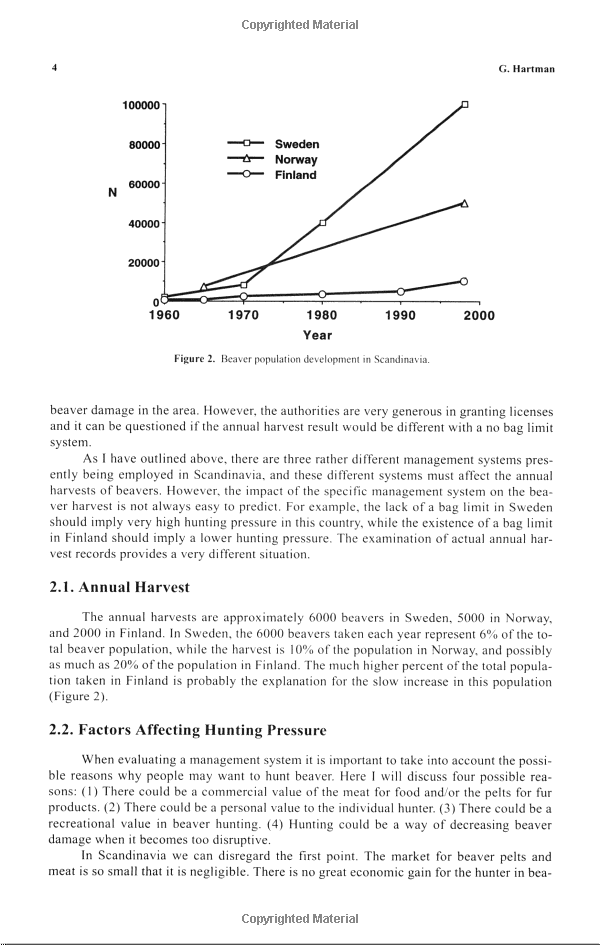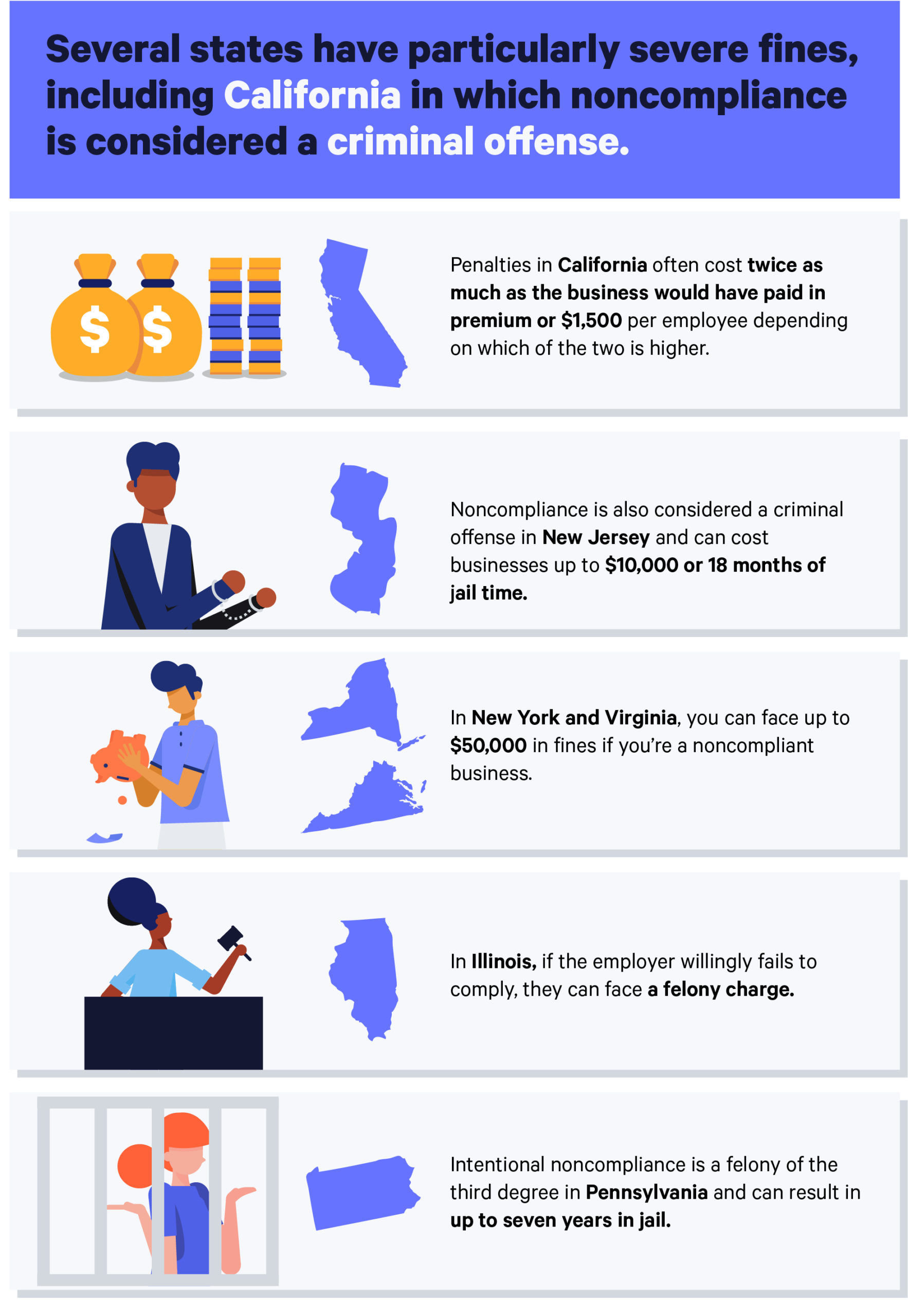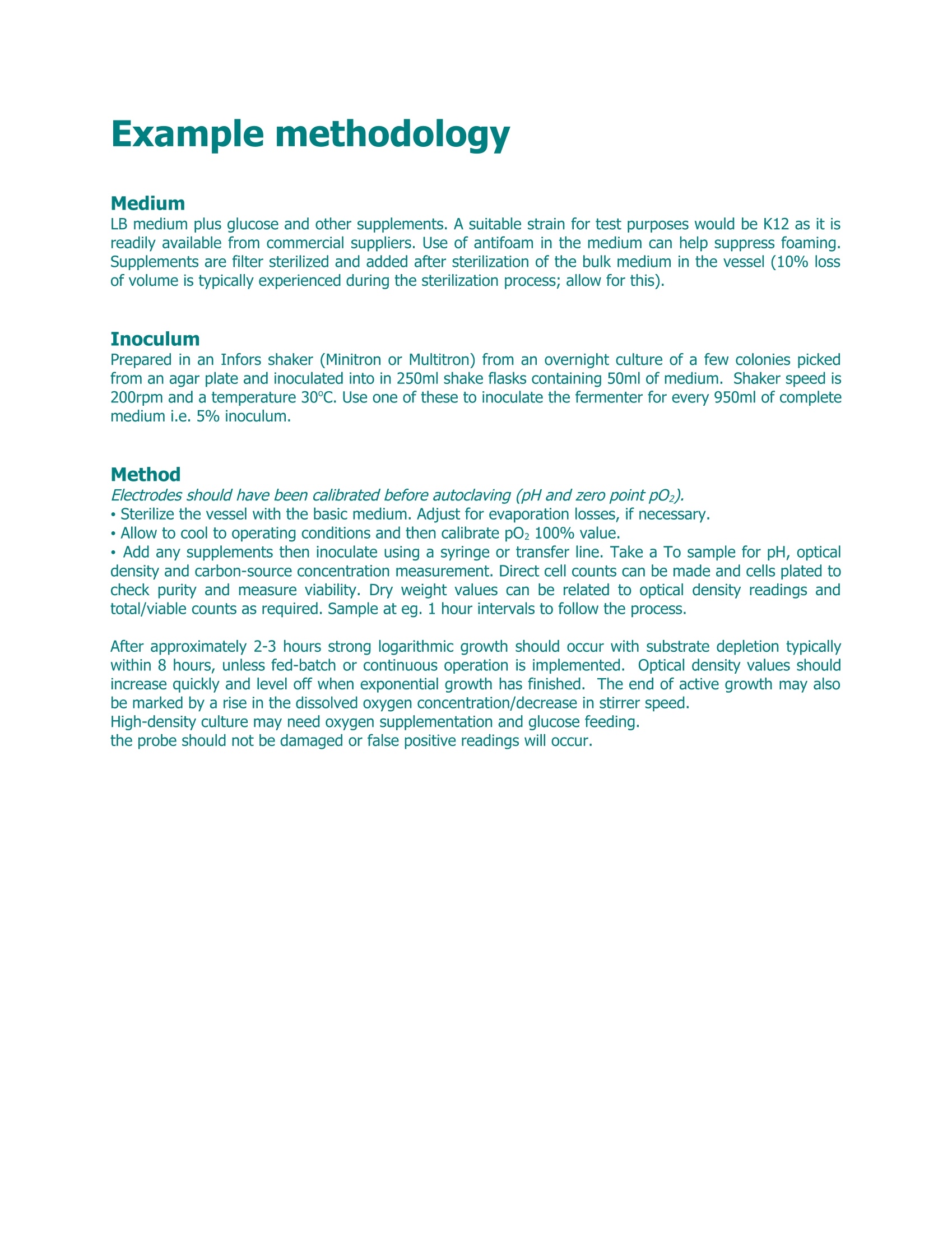Understanding VA Housing Loan Requirements: A Comprehensive Guide for Veterans
#### VA Housing Loan RequirementsThe VA housing loan requirements are essential for veterans looking to secure a mortgage through the Department of Veterans……
#### VA Housing Loan Requirements
The VA housing loan requirements are essential for veterans looking to secure a mortgage through the Department of Veterans Affairs. These loans are designed to help veterans, active-duty service members, and certain members of the National Guard and Reserves achieve homeownership. The VA loan program offers several benefits, including no down payment, competitive interest rates, and no private mortgage insurance (PMI) requirement. However, to qualify for a VA loan, applicants must meet specific eligibility criteria and documentation requirements.
#### Eligibility Criteria
To begin with, one of the primary VA housing loan requirements is that the applicant must be an eligible veteran, active-duty service member, or a qualified survivor. Veterans must have served a minimum period, typically 90 days of active service during wartime or 181 days during peacetime. Additionally, members of the National Guard and Reserves must have completed at least six years of service to qualify.
Another critical aspect of the VA housing loan requirements is obtaining a Certificate of Eligibility (COE). This certificate verifies the applicant's eligibility for the VA loan program. Veterans can apply for the COE through the VA's eBenefits portal, via mail, or through their lender. The COE will indicate the amount of entitlement available, which is the maximum amount the VA will guarantee for the loan.

#### Credit and Income Requirements
While the VA does not impose a minimum credit score requirement, most lenders prefer a score of at least 620. It is important for veterans to check their credit reports and improve their scores if necessary before applying for a loan. Additionally, lenders will evaluate the applicant's income and employment history to ensure they have the financial stability to repay the loan.
Debt-to-income (DTI) ratio is another crucial factor in the VA housing loan requirements. Most lenders prefer a DTI ratio of 41% or lower, although higher ratios may be acceptable with compensating factors, such as a higher credit score or significant savings.
#### Property Requirements

The property being purchased must also meet specific criteria outlined in the VA housing loan requirements. The home must be used as the borrower's primary residence, and it must meet the VA's minimum property requirements (MPRs) to ensure it is safe and habitable. This includes adequate heating, plumbing, and electrical systems, as well as structural integrity. A VA-approved appraiser will assess the property to ensure it meets these standards.
#### Funding Fee
Another important aspect of the VA housing loan requirements is the funding fee. This fee helps offset the costs of the VA loan program and is typically a percentage of the loan amount. The funding fee can vary based on the type of service, whether it's the borrower's first VA loan, and the down payment amount. While the funding fee can be rolled into the loan, it is essential for borrowers to understand this cost as it affects the overall loan amount.
#### Conclusion

In summary, understanding the VA housing loan requirements is crucial for veterans and active-duty service members looking to purchase a home. By meeting the eligibility criteria, securing a Certificate of Eligibility, maintaining a good credit score, and ensuring the property meets VA standards, veterans can take advantage of this valuable benefit. The VA loan program can significantly ease the path to homeownership, making it an attractive option for those who have served our country.